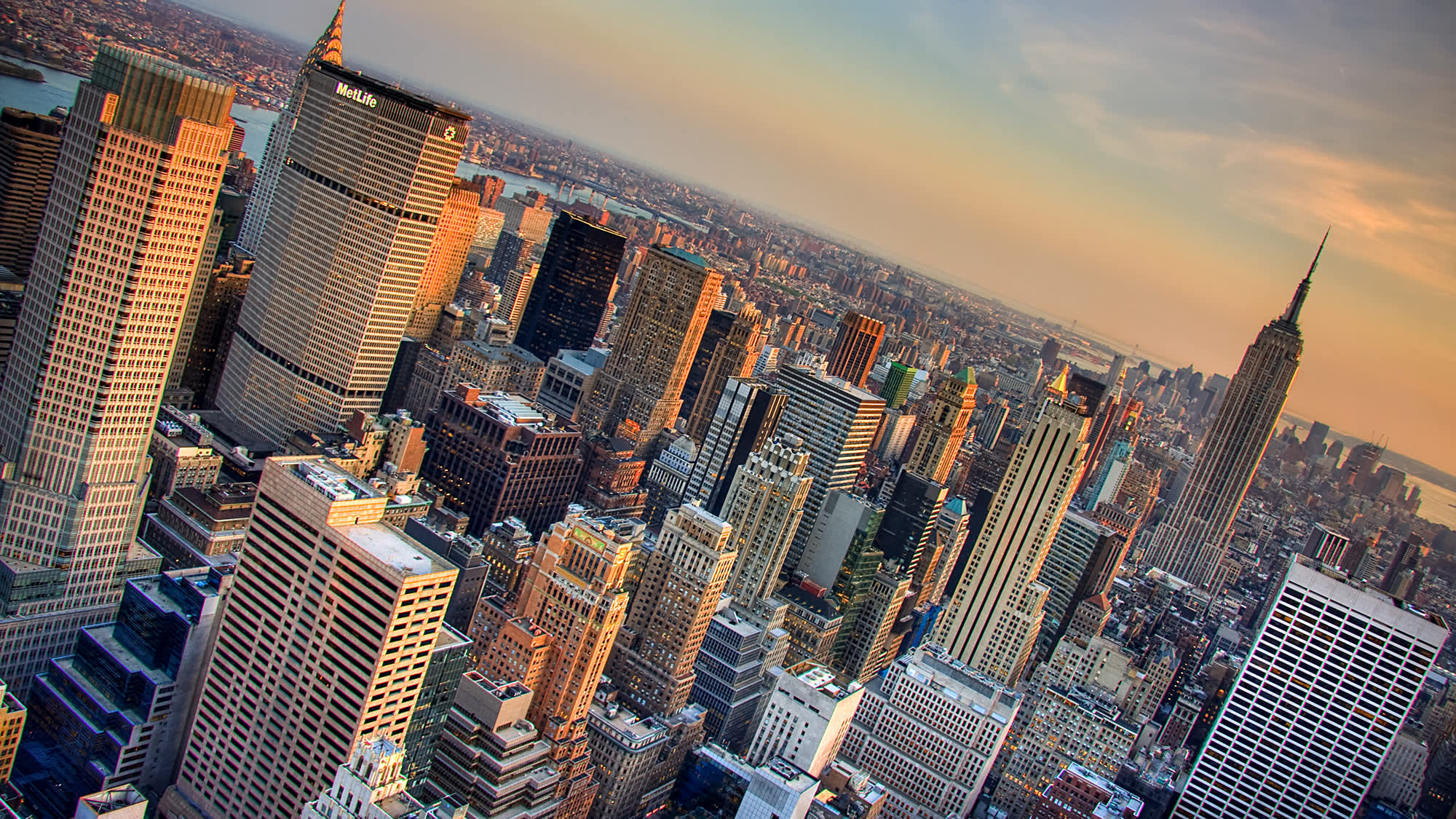Here’s New York City’s potential road to economic recovery after the Covid-19 pandemic

Concern over New York City’s future is brewing as state lawmakers consider drastic measures that could hinder the city’s recovery from the Covid-19 pandemic.
New York Governor Andrew Cuomo proposed in January raising taxes on the wealthy and cutting Medicaid and school spending at the state level. Conservatives argue that higher taxes could lead to wealthy taxpayers leaving the city, while progressives say reducing services could have a long-lasting impact on New York City.
New York City is highly dependent on its wealthy population. In 2018, the top 1% of earners made up 42.5% of total income tax collected by the city, according to the Independent Budget Office of New York City. That was $5 billion in revenue for the city.
“If they leave, there’s a huge fiscal crisis,” said Jared Walczak, vice president of state projects with the Center for State Tax Policy at the Tax Foundation. “How do you pay for all of these services? That affects everyone. The people who stay either have a higher tax burden or will receive fewer government services.”
“There’s a real question that policymakers need to address right now. How do you keep these people here? How do you make sure that post pandemic, they want to come back?” Walczak said.
But Kim Phillips-Fein, a historian at New York University, said cuts to services could hurt the city in the long run. She noted austerity measures taken during the 1970s fiscal crisis caused increasing inequalities that have haunted the city ever since.
Cornell University assistant professor Cristobal Young also pointed out that only a small fraction of wealthy people leave their states for tax purposes.
Watch the video above for more on New York’s situation and its potential road to recovery.




